Packed with essential nutrients and natural sugars, dried fruits offer a range of health benefits while being a delicious alternative to processed snacks. This article aims to explore the potential benefits and considerations of consuming dried fruits for individuals with diabetes. Nutritional Value of Dried Fruits Dried fruits, including raisins, apricots, dates, and prunes, are known for their concentrated nutrients. They are an excellent source of dietary fiber, antioxidants, vitamins, and minerals. Fiber is particularly essential for individuals with diabetes as it helps regulate blood sugar levels, improves digestion, and promotes satiety.
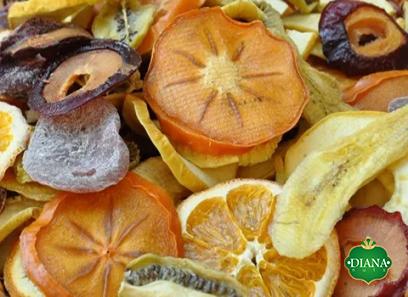
.
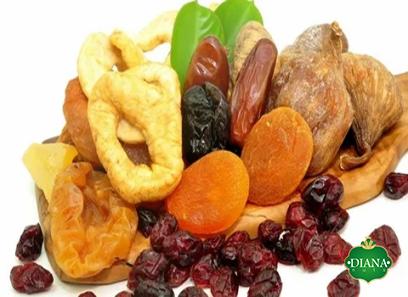 Blood Sugar Management One concern often associated with dried fruits is their sugar content. However, the natural sugars in dried fruits are accompanied by dietary fiber, which slows down the absorption of sugars into the bloodstream. This results in a less dramatic impact on blood sugar levels compared to consuming processed sugary snacks. Glycemic Index and Load The glycemic index (GI) measures how different foods affect blood sugar levels. While dried fruits generally have a higher glycemic index due to their natural sugars, their glycemic load (GL) is relatively low. The glycemic load takes into account the portion size, allowing individuals to gauge the overall impact on blood sugar levels. This makes dried fruits a favorable choice for individuals with diabetes.
Blood Sugar Management One concern often associated with dried fruits is their sugar content. However, the natural sugars in dried fruits are accompanied by dietary fiber, which slows down the absorption of sugars into the bloodstream. This results in a less dramatic impact on blood sugar levels compared to consuming processed sugary snacks. Glycemic Index and Load The glycemic index (GI) measures how different foods affect blood sugar levels. While dried fruits generally have a higher glycemic index due to their natural sugars, their glycemic load (GL) is relatively low. The glycemic load takes into account the portion size, allowing individuals to gauge the overall impact on blood sugar levels. This makes dried fruits a favorable choice for individuals with diabetes.
..
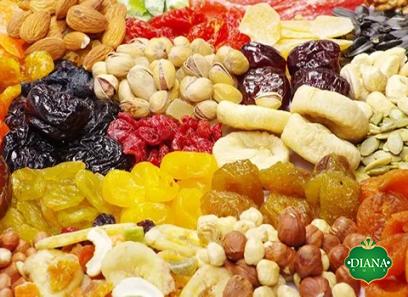 Portion Control and Moderation Even though dried fruits have numerous benefits, it is crucial to bear in mind that they are calorie-dense. Therefore, portion control is essential, especially for individuals with diabetes who need to be mindful of their carbohydrate intake. It is recommended to consume one serving size of dried fruits, which is typically around 1/4 cup. Combining dried fruits with a source of protein or healthy fats can further mitigate any potential spike in blood sugar levels. Health Benefits Beyond Blood Sugar Management Apart from their impact on blood sugar levels, dried fruits provide a plethora of health benefits. Rich in dietary fiber, they promote healthy digestion, aid in weight management, and prevent constipation. Dried fruits are also abundant in vitamins A, C, and E, which act as antioxidants, supporting the immune system and reducing the risk of chronic diseases.
Portion Control and Moderation Even though dried fruits have numerous benefits, it is crucial to bear in mind that they are calorie-dense. Therefore, portion control is essential, especially for individuals with diabetes who need to be mindful of their carbohydrate intake. It is recommended to consume one serving size of dried fruits, which is typically around 1/4 cup. Combining dried fruits with a source of protein or healthy fats can further mitigate any potential spike in blood sugar levels. Health Benefits Beyond Blood Sugar Management Apart from their impact on blood sugar levels, dried fruits provide a plethora of health benefits. Rich in dietary fiber, they promote healthy digestion, aid in weight management, and prevent constipation. Dried fruits are also abundant in vitamins A, C, and E, which act as antioxidants, supporting the immune system and reducing the risk of chronic diseases.
…
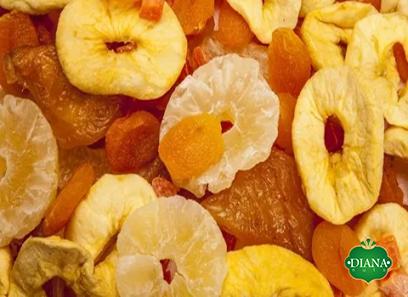 Choosing the Right Dried Fruits When selecting dried fruits, it is advisable to opt for those without any added sugars or preservatives. Reading labels and choosing products with minimal ingredients is crucial to ensure you are getting the most natural and healthful option available. Additionally, be cautious of portion sizes when purchasing pre-packaged dried fruits, as they may contain excessive amounts of added sugars or fats. Consulting a Healthcare Professional As with any dietary considerations, it is recommended that individuals with diabetes consult their healthcare professional or registered dietitian to determine the best approach for including dried fruits in their meal plan. Healthcare professionals can provide personalized guidance and tailor dietary recommendations to an individual’s specific needs, considering factors such as blood sugar control, overall diet, and lifestyle. Conclusion Dried fruits offer a convenient, tasty, and nutrient-dense snack option for individuals with diabetes. While they do contain natural sugars, their fiber content helps regulate blood sugar levels, making them a healthier alternative to processed snacks. By practicing portion control and consulting with healthcare professionals, individuals with diabetes can incorporate dried fruits into their diet to enjoy their numerous health benefits while managing their blood sugar levels effectively.
Choosing the Right Dried Fruits When selecting dried fruits, it is advisable to opt for those without any added sugars or preservatives. Reading labels and choosing products with minimal ingredients is crucial to ensure you are getting the most natural and healthful option available. Additionally, be cautious of portion sizes when purchasing pre-packaged dried fruits, as they may contain excessive amounts of added sugars or fats. Consulting a Healthcare Professional As with any dietary considerations, it is recommended that individuals with diabetes consult their healthcare professional or registered dietitian to determine the best approach for including dried fruits in their meal plan. Healthcare professionals can provide personalized guidance and tailor dietary recommendations to an individual’s specific needs, considering factors such as blood sugar control, overall diet, and lifestyle. Conclusion Dried fruits offer a convenient, tasty, and nutrient-dense snack option for individuals with diabetes. While they do contain natural sugars, their fiber content helps regulate blood sugar levels, making them a healthier alternative to processed snacks. By practicing portion control and consulting with healthcare professionals, individuals with diabetes can incorporate dried fruits into their diet to enjoy their numerous health benefits while managing their blood sugar levels effectively.

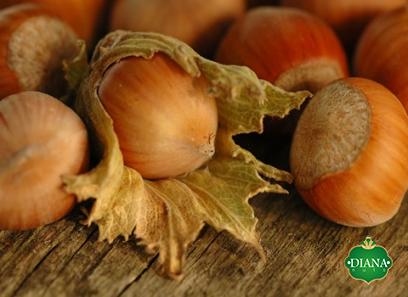
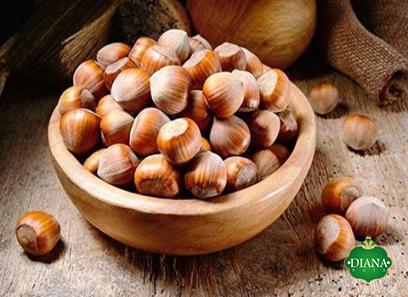
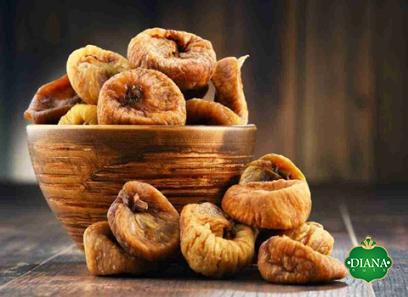
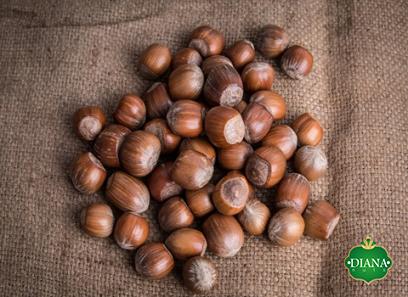

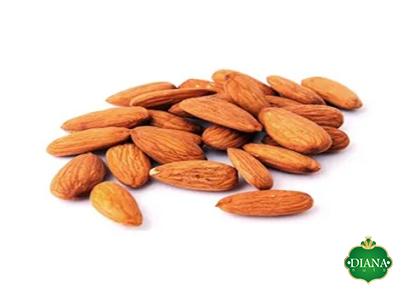
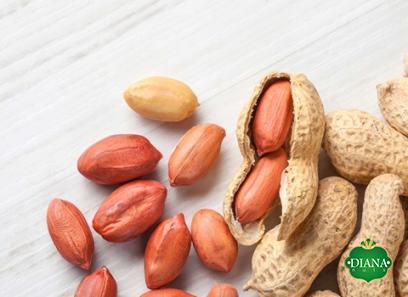
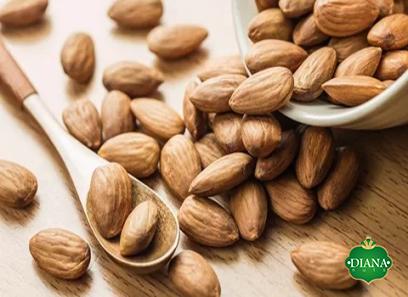
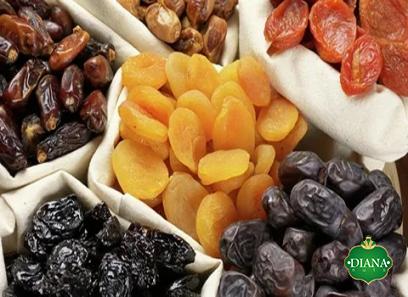
Your comment submitted.